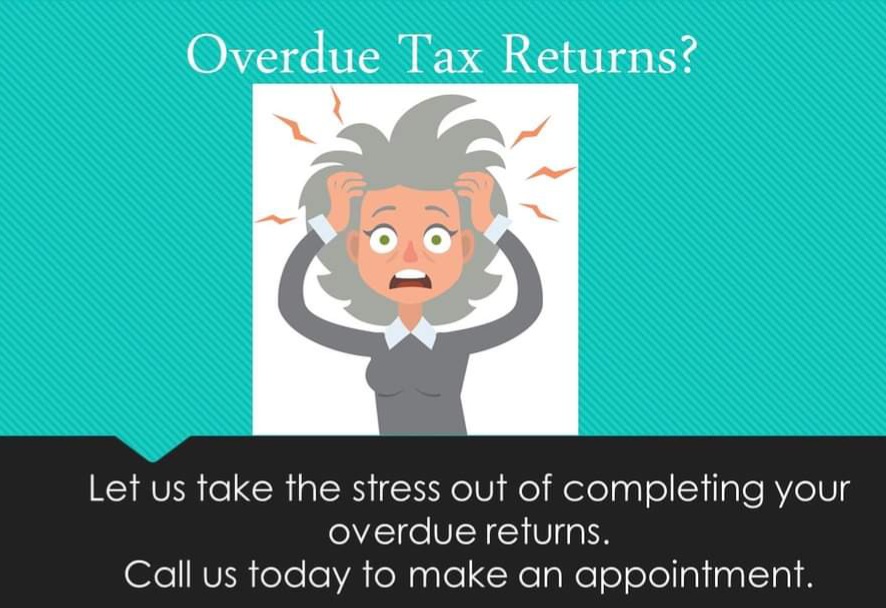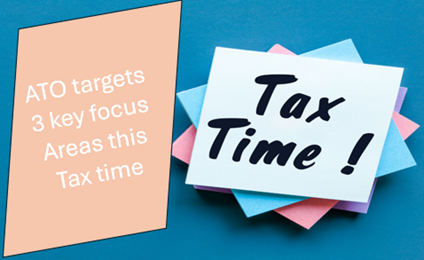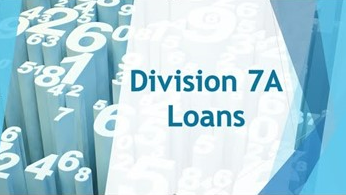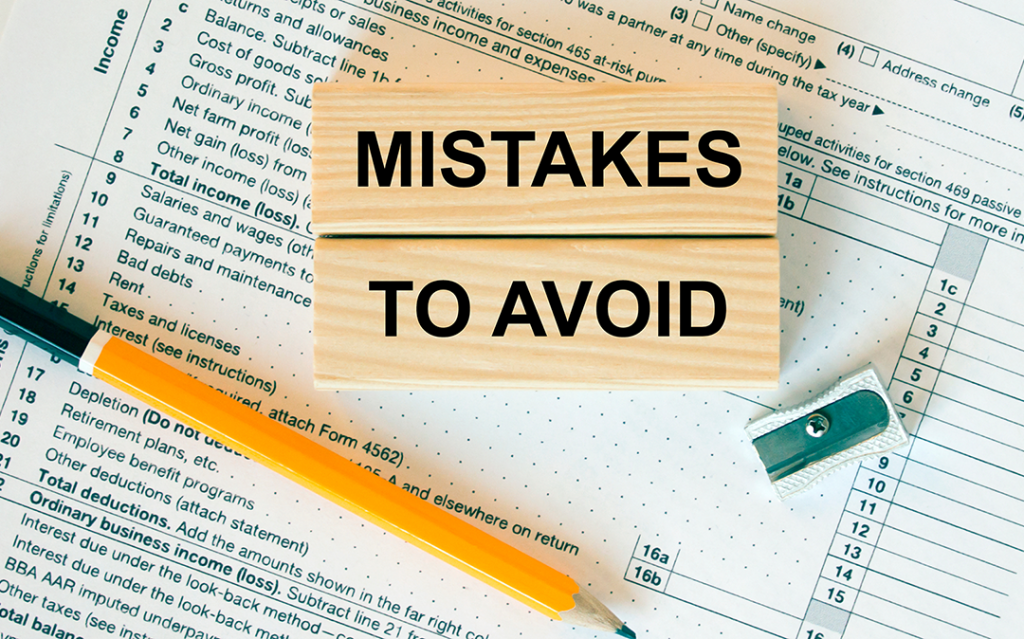GFM June 2024 Newsletter
26 June 2024

Hello Clients, Friends and Family Members
Welcome to the final edition of the GFM Accountants Newsletter for the 2023/24 financial year.
One of the big changes at GFM for 2023/24 saw the launching of our new website. Our new website aims at enhancing client experience. Key features include an interactive, informative interface and an online booking system, allowing clients to conveniently schedule appointments, making it a handy tool for their 2024 Income Tax Returns.
Over the last couple of months, our team has been busy assisting business clients with pre-30th June interim tax planning and business development strategies. Looking ahead, post-1st July brings six key lodgement items: Single Touch Payroll, Payroll Tax Annual Reconciliation, Superannuation, Taxable Payment Annual Report, Workcover Annual Remuneration Certification, and Business Activity Statements. For any assistance with these lodgements or questions about our newsletter, please reach out to our team.
Regards
Darren, Brent and the Team at GFM

What’s changing on 1 July 2024?
Here’s a summary of the key changes coming into effect on 1 July 2024:
- Tax cuts reduce personal income tax rates and change the thresholds.
- Superannuation guarantee increases from 11% to 11.5% – check the impact on any salary package arrangements.
- Superannuation caps increase from $27,500 to $30,000 for concessional super contributions and from $110,000 to $120,000 for non-concessional contributions.
- Luxury car tax threshold increases to $91,387 for fuel-efficient vehicles and $80,567 for all others.
- Car limit for depreciation increases to $69,674.
- $300 energy relief credit for households comes into effect (credited automatically quarterly).
For business
- $325 energy relief credit for small business commences (for small businesses that meet the relevant State or Territory definition of a ‘small customer’).
- $20k instant asset write-off extended to 30 June 2025 (subject to the passage of legislation).

2023 Tax Return Lodgements are now overdue and the 2024 tax time is just around the corner.
If you haven’t yet completed your 2023 (or older) income tax returns, we are here and ready to help.
We now offer our simple and secure online bookings system so you can arrange your appointment at anytime from anywhere.
For all 2024 tax return preparation, our diary is now open for “Telephone” and “Face-To-Face” appointments beginning from Monday the 17th July 2024, please try our new online bookings to arrange a suitable appointment time.
Please make sure you choose your preferred Accountant when making your online booking.

Of course the quickest and simplest way is always our email option. If would like to us to prepare your 2024 return (or any other outstanding returns) via email please send your information to us as soon as possible to taxreturns@gfmaccountants.com.au.
To assist us in preparing your 2024 tax return please complete our Personal Tax Return Questionnaire – Work Related Deductions below.

If you have Rental Properties please complete our Rental Property Schedule Checklist below. For multiple Rental Properties please click again to complete another form.

Please contact Regine or Jenny on 9374 2422 should you have any queries.

Tax debt and not meeting reporting obligations
Failing to lodge returns is a huge ‘red flag’ for the ATO that something is wrong in the business. Not lodging a tax return will not stop the debt escalating because the ATO has the power to simply issue an assessment of what they think your business owes.
If your business is having trouble meeting its tax or reporting obligations, we can assist by working with the ATO on your behalf.
Support available for businesses experiencing difficulties
Failing to lodge returns is a huge ‘red flag’ for the ATO that something is wrong in the business. Not lodging a tax return will not stop the debt escalating because the ATO has the power to simply issue an assessment of what they think your business owes.
If your business is having trouble meeting its tax or reporting obligations, we can assist by working with the ATO on your behalf.
Support available for businesses experiencing difficulties
By paying your tax bill in full and on time, you can avoid paying the general interest charge (‘GIC’), which is currently 11.34%, and which accrues daily for any overdue debts.
The ATO advises that, if your business is dealing with financial difficulties, there are some options to help make your tax bill “less taxing”.
If you are struggling to pay in full or on time you may be eligible to set up a payment plan. If you owe $200,000 or less, we may be able to assist you using online services. If we cannot do so, or you owe more than $200,000, we can contact the ATO on your behalf to discuss your options.
We can also ask the ATO to remit the GIC. The ATO will then consider whether the tax bill was paid late because of circumstances that were:
- beyond the taxpayer’s control, and what steps the taxpayer took to relieve the effects of those circumstances; or
- within the taxpayer’s control but led to results that the taxpayer could not foresee.
Please contact us if you need assistance in relation to paying your tax bill.

ATO’s three focus areas this tax time
The ATO will be taking a close look this ‘tax time’ at the following common errors made by taxpayers:
- Work related expenses: Taxpayers using the ‘revised fixed rate method’ of calculating a working from home deduction must have comprehensive records to substantiate their claims, including records that show the actual number of hours they worked from home, and the additional running costs they incurred to claim a deduction.
- Rental properties: Performing general repairs and maintenance on a rental property can be claimed as an immediate deduction. However, expenses which are capital in nature (such as initial repairs on a newly purchased property) are not deductible as repairs or maintenance.
- Failing to include all income in tax return: The ATO warns taxpayers against rushing to lodge their tax return on 1 July. If they have received income from multiple sources, they need to wait until this is pre-filled in their tax return before lodging.

End of financial year obligations for employers
The ATO reminds employers they need to keep on top of their payroll governance. This includes:
- using their tax and super software to record the amounts they pay.
- withholding the right amount of tax; and
- calculating superannuation guarantee (‘SG’) correctly.
As 30 June gets closer, employers should check their reporting obligations, along with any upcoming key dates, including for:
- PAYG withholding — From 1 July, the individual income tax rate thresholds and tax table will change, which will impact their PAYG withholding for the 2025 tax year.
- SG rate change — From 1 July, the SG rate will increase to 11.5%. Employers must pay their SG contributions by 28 July in full, on time and to the right fund; and
- Single touch payroll (‘STP’) reporting — Employers should remember to make STP finalisation declarations by 14 July for all employees the employer has paid during the financial year, and also check their employees’ year-to-date amounts are correct.

Minimum yearly repayments on Division 7A loans
To avoid an unfranked dividend under the Division 7A rules, loans from a private company to its shareholders or their associates must be either repaid in full or be covered by a ‘Division 7A complying loan agreement’ before the company’s lodgment day.
Complying loan agreements require minimum yearly repayments (‘MYRs’) comprising of interest and principal to be made each year, starting from the income year after the loan is made.
Taxpayers must ensure they can meet the required MYRs on complying loans.
If they miss the MYR or do not pay enough in an income year, the shortfall may be treated as an unfranked dividend.
Note also that borrowing additional amounts from the same company, directly or indirectly, to make repayments on complying loans may result in the repayment not being taken into account in working out if the MYR has been made.
When making MYRs, borrowers need to:
- start repayments in the income year after the complying loan was made;
- use the correct benchmark interest rate (8.27% for the 2024 income year) to calculate the MYR for the current year; and
- make the required payments on the loan by the due date — the end of the income year (i.e., usually by 30 June).

ATO issues notice of crypto assets data-matching program
The ATO has advised that it will acquire account identification and transaction data from crypto designated service providers for the 2024 to 2026 income years.
This data will include the following:
- client identification details (names, addresses, dates of birth, phone numbers, social media accounts and email addresses); and
- transaction details (bank account details, wallet addresses, transaction dates, transaction times, transaction types, deposits, withdrawals, transaction quantities and coin types).
The ATO estimates that records relating to approximately 700,000 to 1,200,000 individuals and entities will be obtained each financial year.
The data will be acquired and matched to ATO systems to identify and treat clients who failed to report a disposal of crypto assets in their income tax return.

Landlords beware
If you own an investment property, a key concept to understand is that you can only claim a deduction for expenses you incurred in the course of earning income. That is, the property needs to be rented or genuinely available for rent to claim the expenses.
Sounds obvious but taxpayers claiming investment property expenses when the property was being used by family or friends, taken off the market for some reason or listed for an unreasonable rental rate, is a major focus for the ATO, particularly if your property is in a holiday hotspot.
There are a series of issues the ATO is actively pursuing this tax season. These include:
- Refinancing and redrawing loans – you can normally claim interest on the amount borrowed for the rental property as a deduction. However, where any part of the loan relates to personal expenses, or where part of the loan has been refinanced to free up cash for your personal needs (school fees, holidays etc.,), then the loan expenses need to be apportioned and only that portion that relates to the rental property can be claimed. The ATO matches data from financial institutions to identify taxpayers who are claiming more than they should for interest expenses.
- The difference between repairs and maintenance and capital improvements. While repairs and maintenance can often be claimed immediately, a deduction for capital works is generally spread over a number of years. Repairs and maintenance expenses must relate directly to the wear and tear resulting from the property being rented out and generally involve restoring the property back to its previous state, for example, replacing damaged palings of a fence. You cannot claim repairs required when you first purchased the property. Capital works however, such as structural improvements to the property, are normally deducted at 2.5% of the construction cost for 40 years from the date construction was completed. Where you replace an entire asset, like a hot water system, this is a depreciating asset and the deduction is claimed over time (different rates and time periods apply to different assets).
- Co-owned property – rental income and expenses must normally be claimed according to your legal interest in the property. Joint tenant owners must claim 50% of the expenses and income, and tenants in common according to their legal ownership percentage. It does not matter who actually paid for the expenses.

Key Dates
- Lodge and Pay May 2024 Superannuation Guarantee Charge Statement – 28th June 2024
- Super Guarantee Contributions must be paid by this date to qualify for a tax deduction in the 2023-24 financial year – 30th June 2024
- 2024 Trust Distribution Resolutions to be signed & returned – 30th June 2024
- Payroll Tax Annual – 21st July 2024
- Lodge and Pay June 2024 Monthly BAS/IAS – 22nd July 2024
- Lodge and Pay July 2024 Monthly BAS/IAS – 21st August 2024
- Lodge and Pay June 2024 Quarterly BAS – 26th August 2024

